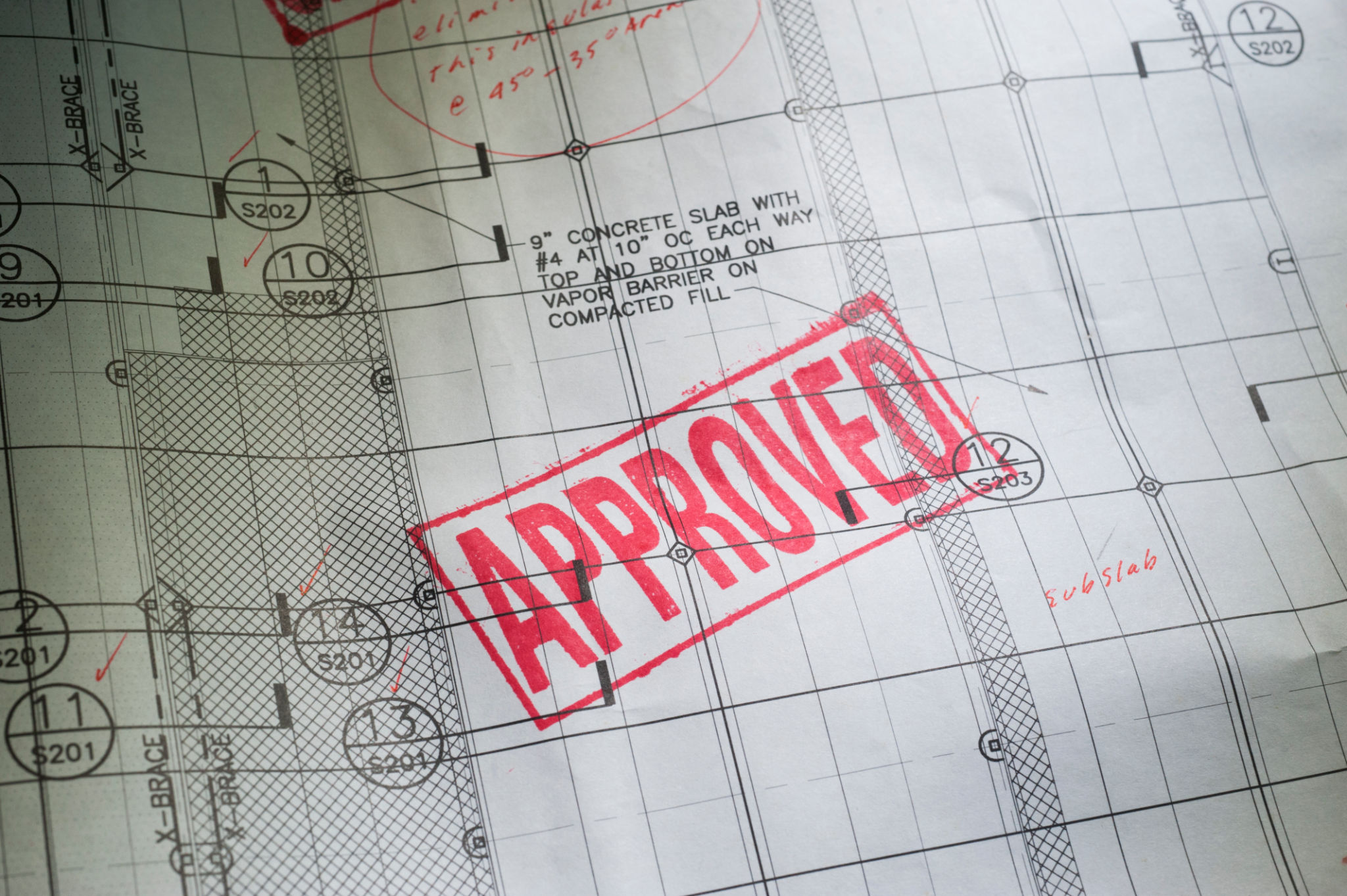Top Considerations for Planning House Extensions in London
Understanding Local Regulations
Before embarking on a house extension project in London, it's crucial to familiarize yourself with the local regulations and planning permissions. The city has specific guidelines that can significantly impact your plans. Ensure you check with your local council to understand the necessary permits and restrictions that apply to your area. This step can save you from potential legal headaches down the line.

Permitted Development Rights
In some cases, you might be able to extend your home without full planning permission under Permitted Development Rights. These rights allow for certain types of extensions and alterations, provided they meet specific criteria. However, it's essential to verify if your property qualifies, as there are exceptions, particularly for listed buildings and conservation areas.
Design and Architecture
When planning a house extension, the design and architecture must complement the existing structure while meeting your functional needs. Hiring an experienced architect can help you achieve a balance between aesthetics and practicality. Consider factors such as light, space, and how the extension will integrate with your current living areas.

Choosing Materials
The materials you choose for your extension will not only affect the look and feel of the space but also its durability and environmental impact. Opt for materials that offer a good balance between sustainability, cost, and appearance. In London, where weather can be unpredictable, selecting resilient materials is particularly important.
Budgeting for Your Project
A well-planned budget is essential for any home extension project. Start by getting quotes from several contractors to understand the average costs involved. Keep in mind that unforeseen expenses can arise, so it's wise to allocate a contingency fund to cover any surprises during construction.

Financing Options
If you're considering financing your extension, explore different options such as remortgaging, personal loans, or home improvement loans. Each option has its pros and cons, so it's important to choose the one that aligns best with your financial situation and long-term goals.
Project Timeline
Understanding the timeline for your house extension is vital for managing expectations and planning accordingly. From initial design to final construction, extensions can take anywhere from a few months to over a year depending on the complexity of the project. Work closely with your contractor to establish a realistic timeline and ensure all parties are aligned.
Managing Disruptions
During construction, expect some disruptions to your daily routine. Effective communication with your builders can help minimize inconvenience and ensure that the project remains on schedule. Consider temporary living arrangements if the work is extensive or involves critical areas of your home.
Long-term Value
A thoughtfully planned house extension can significantly enhance both the functionality and value of your property. By considering factors such as design, budget, and regulations, you can ensure that your investment not only meets your current needs but also contributes positively to the resale value of your home.

